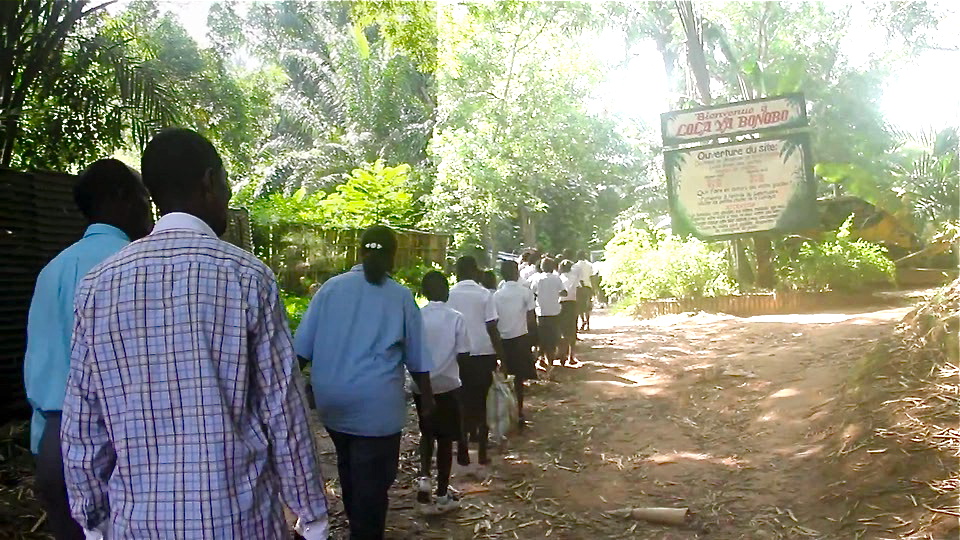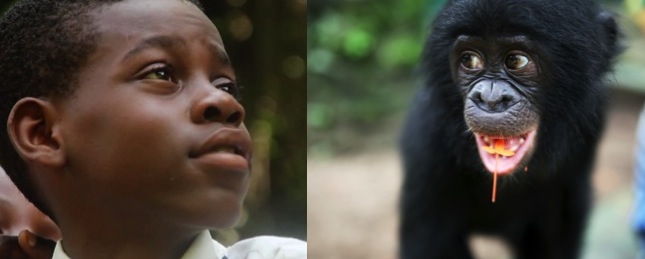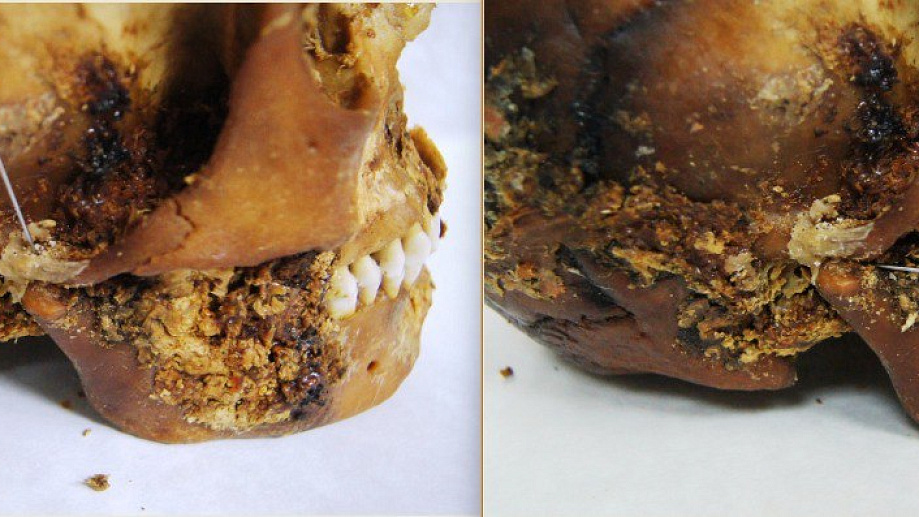Experiments With Humans Can Save Wildlife (Op-Ed)

Get the world’s most fascinating discoveries delivered straight to your inbox.
You are now subscribed
Your newsletter sign-up was successful
Want to add more newsletters?

Delivered Daily
Daily Newsletter
Sign up for the latest discoveries, groundbreaking research and fascinating breakthroughs that impact you and the wider world direct to your inbox.

Once a week
Life's Little Mysteries
Feed your curiosity with an exclusive mystery every week, solved with science and delivered direct to your inbox before it's seen anywhere else.

Once a week
How It Works
Sign up to our free science & technology newsletter for your weekly fix of fascinating articles, quick quizzes, amazing images, and more

Delivered daily
Space.com Newsletter
Breaking space news, the latest updates on rocket launches, skywatching events and more!

Once a month
Watch This Space
Sign up to our monthly entertainment newsletter to keep up with all our coverage of the latest sci-fi and space movies, tv shows, games and books.

Once a week
Night Sky This Week
Discover this week's must-see night sky events, moon phases, and stunning astrophotos. Sign up for our skywatching newsletter and explore the universe with us!
Join the club
Get full access to premium articles, exclusive features and a growing list of member rewards.
Brian Hare is an associate professor of evolutionary anthropology at Duke University, and Vanessa Woods is the author of "Bonobo Handshake" (Gotham, 20011). Woods and Hare are on the board of the nonprofit Lola ya Bonobo, a sanctuary for orphan bonobos in the Democratic Republic of Congo. The authors contributed this article to Live Science's Expert Voices: Op-Ed & Insights.
The only way humanity can save wild animals is to conduct experiments on the humans who decide those animals' futures. All conservation decisions are made by the human mind, but there is almost no research on human psychology as it relates to conservation. Scientists need a much deeper understanding of how people across different socioeconomic and cultural settings think about animals and wild places. Without that understanding, no one can protect both people and the wild things around them. We have just designed such an experiment on experiment.com.
This week's special issue of the journal Science presents overwhelming evidence that humans are causing animals to go extinct faster than ever before. The conservationists writing the articles make the vastness of the problem clear, as well as the economic and social implications for humans of such extreme losses to animal populations. Solutions, however, were less apparent.
Conservationists usually collect and present facts. Unfortunately, this is not enough. Those concerned about animal extinctions also must use good human psychology. For example, you may be familiar with the card in hotels that ask you to reuse your towel instead of getting it cleaned, because saving water helps the environment. Unfortunately, few people comply with that simple request. In a study reported in the Journal of Consumer Research, some hotel bathrooms were refitted with signs that expressed the same message as a group norm: "The majority of guests reuse their towels." This resulted in a major increase in compliance in comparison to the more factual signs typically used.
Whether it is saving water or animals, facts rarely motivate people to change their behavior. It will take psychological experiments with real people to find strategies that can motivate lasting change.
Our research group has been using conservation psychology to develop strategies to protect great apes. We recently demonstrated that chimpanzees in TV commercials led Western viewers to think apes make great pets and are not endangered. The viewers also reduced their donations to conservation charities. Only a psychological perspective helped us understand that ending the appearance of a few "entertainment apes" in the United States is crucial to improving attitudes and behavior toward thousands of wild apes.
Now, our research group is working on the first conservation psychology studies with the Congolese, the people who will actually decide the future of the largest remaining populations of great apes in Africa. While conservationists are beginning to understand why citizens of Western countries care about great apes, there has been no research on conservation psychology in countries where great apes actually live. A conservation message that might affect you or me would likely not have the same effect on a Congolese person. The survival of great apes depends on discovering how to effectively communicate with the Congolese about conservation.
Get the world’s most fascinating discoveries delivered straight to your inbox.
Our pioneering study will be supported through crowdfunding on experiment.com. We will test how the Congolese think about conservation, particularly apes. We will test different strategies of communication to evaluate those methods' impact on the Congolese, and what will best help the Congolese understand the value of apes. Specifically, will it be stories that 1) present facts, 2) are designed to elicit empathy or guilt, or 3) explain the egocentric benefits of ape conservation (i.e., those related to economy and health)? Conservationists must answer these questions if they are to save the bonobos, chimpanzees and gorillas living in Congo. It is critical information the Congolese will need as they continue to protect the priceless resource that each individual ape represents to that country's future.
Humanity can stop extinction if researchers quickly develop a sophisticated appreciation of conservation psychology. All forms of wildlife are depending on it.
Author's Note:For more on the crowdfunded experiment to save bonobos, visit: https://experiment.com/projects/how-can-we-improve-support-for-bonobo-conservation-among-the-congolese
The author's most recent Op-Ed was "Bonobos Invade 'Planet of the Apes'." All of the Op-Eds by Brian Hare and Vanessa Woods are available in this archive. The views expressed are those of the author and do not necessarily reflect the views of the publisher. This version of the article was originally published on Live Science.
 Live Science Plus
Live Science Plus











